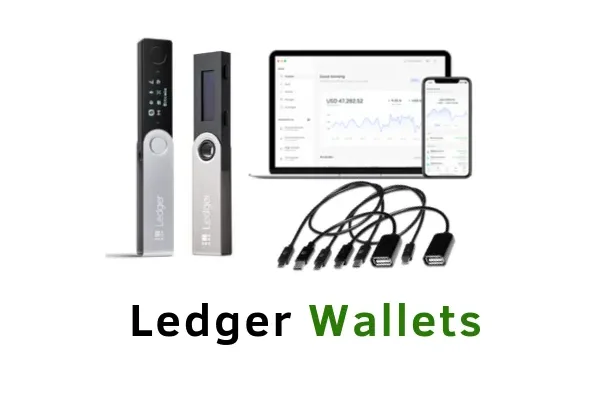Ledger has introduced a seed recovery service dubbed Ledger Recover. However, this development did not sit well with crypto community members and has caused many disagreements.

Several crypto community members, including Ledger wallet owners, have taken to social media to express their displeasure with Ledger’s latest feature.
Ledger Recover, the newly introduced retrieval solution for itshardware crypto wallets, seeks to protect users if they lose their seed phrase.
Ledger Recover is a subscription service that enables users to secure their private keys with additional security.
This service employs a technique in which the user’s seed phrase is split into three encrypted fragments, each transmitted to a separate external entity.
After combining and decrypting these fragments, they can be used to reconstruct the original seed phrase.
According to the wallet provider, Ledger Recover is an optional subscription for users who wish to back up their recovery phrase.
“You don’t have to use it, and you can continue managing your recovery phrase yourself if that’s why you bought a Ledger,” the company explained.
However, the concept has angered many in the cryptography community, including security experts.
The chief information security officer at Polygon Labs, Mudit Gupta, stated, “This is a terrible idea; DO NOT enable this feature.”
Gupta elaborated in his Twitter thread, “The issue here is that the encrypted key fragments are sent to three companies, and they can reconstruct your keys.”
Changpeng Zhao, founder and CEO of Binance, responded to Gupta’s thread by stating, “So the seed can now exit the device? Sounds different from “your keys never leave the device.”
Chris Dunn, a Bitcoin investor, and podcaster, stated, “Initially, they disclosed the mailing addresses, phone numbers, and email addresses of their consumers… They have now added a backdoor to propagate phrases.
It’s time to bid farewell to Ledger,” referring to the 2020 Ledger data breach that exposed user information.
Crypto investor DCinvestor also referenced Ledger’s previous data leak that left users exposed and vulnerable, saying, “reminder that several years ago, Ledger leaked the names and home addresses for all of their customers via a data breach..the absolute last thing you want on their servers is your private key.”
Bitcoin investor and entrepreneur Alistair Milne stated, “Sure, you could use Ledger’s new ‘Recover’ service and give them […] your private keys controlling your assets as well as a copy of your ID and other personal information…… but then why to bother with a hardware wallet in the first place?” His post implied that Ledger’s most recent recovery service undermines self-custody with a hardware wallet.
In April, Ledger introduced the Ledger Nano S Plus, a wallet explicitly designed for nonfungible tokens (NFTs). The Ledger Nano S Plus seeks to improve user safety and provide an enhanced experience for Web3 customers who frequently trade NFTs.
This development follows Ledger’s recent incorporation of “clear signing” technology via Ledger Live and further strengthens user security.
Ledger, founded in 2014, has become a prominent global participant in the hardware cryptocurrency wallet market.
According to reports, the company has sold approximately 4.5 million wallets and has introduced six distinct wallet variants.
